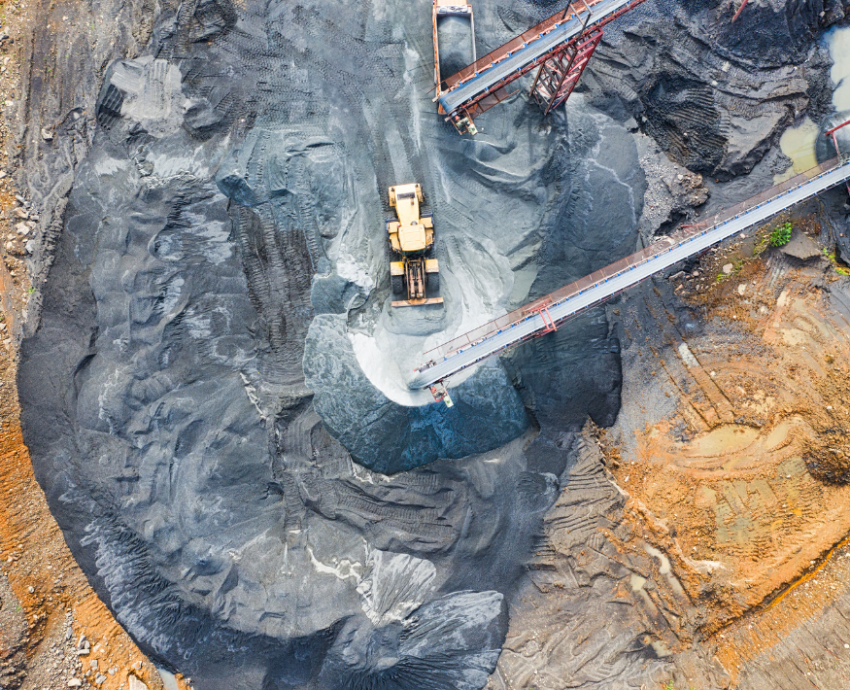
Australian mining company Kingsgate Consolidated has started the year with a spring in its step thanks to a clause buried in the Thailand-Australia Free Trade Agreement.
The investor state dispute settlement (ISDS) process gives international companies the right to seek compensation from governments in international tribunals if they can argue that a change in law or policy harms the value of their investments.
In a devastating development for communities of the Phichit, Phetchabun and Phitsanulok provinces of northern Thailand, the Thai government announced that, in settlement of an ISDS case, it will reinstate four mining leases to the company’s Thai subsidiary, Akara Resources.
Chatree or not Chatree
Kingsgate operates Chatree, Thailand’s first and largest modern gold mine, 280 kilometres north of Bangkok. According to the company’s website, it began commercial operations in November 2001 and has produced more than 1.8 million ounces of gold and more than 10 million ounces of silver.
In a letter sent to opposition parliamentarians, local environmental defenders and village representatives claim that the Australian miner’s previous mines had created “deserted villages with broken families” by polluting waterways with heavy metals and eliminating buffer zones between mines and villages.
The villagers claim that they were excluded from participating in the new mine’s environmental impact statement, and that they have seen few benefits resulting from a measly 0.1% of investment into community development (well below a 0.9% level of investment in comparable gold mines abroad).
The settlement decision comes after five years of legal battles in an international ISDS tribunal between the Australian miner and the Thai government, and just two weeks before an expected decision by the tribunal. With up to ฿30 billion (AU$1.27 billion) of compensation hanging over the head of the Thai government, it appears that Prime Minister Prayut Chan-o-cha has agreed to the miner’s demands.
Kingsgate argued that the Thai government broke its commitments made in the Thailand-Australia Free Trade Agreement when it used special laws of the 2014–19 military junta to cancel the company’s mining licenses following reports of contaminated groundwater, polluted rice paddies, and higher-than-average traces of heavy metals in residents’ bloodstreams.
Thailand-Australia Free Trade Agreement the problem
The company used the “indirect expropriation” and “fair and equitable treatment” clauses of the Thailand-Australia Free Trade Agreement to claim compensation for losses resulting from the mine closure. The company was predicted to win the case by claiming unfair treatment because a former military government used its emergency powers to close the mine.
The community letter to parliamentarians argues that the government has granted generous conditions to Kingsgate that are worth far more than the bill they would have otherwise paid, including a 10–20 year extension on the leases, additional mining sites that overlap with a national park, and discounted royalties.
The authors of the letter warn that the reopening comes with an “enormous expense on public health, the environment, nature, and ecology” and state the government is “awarding national resources which belong to all Thai people to a company in Australia, where they dare not even operate such a mining business since it is very polluting".
Trade justice advocates have long argued that deals such as the Thailand-Australia Free Trade Agreement grant extraordinary protections to multinationals such as Kingsgate that ordinary citizens do not enjoy. If countries are to protect their natural wealth and beauty, all while taking serious action to decarbonise our economies, ISDS clauses must be scrapped.
Just one case among 177 mining claims
This is just one case of a mining company using special legal rights to strong-arm a government into submission. Across the globe, the United Nations Conference on Trade and Development (UNCTAD) estimates that there are 177 cases involving mining companies underway today, with claims for billions against low-income countries.
Michael West Media previously exposed that Australian mining companies are leading the charge, when Australian company Tethyan won $5 billion in compensation from Pakistan over a refusal to grant a licence. An Australian subsidiary of Canadian Barrack mining company is claiming billions from the Papua New Guinea government after it refused to renew a licence following evidence of environmental pollution and human rights violations.
Kingsgate has settled the case in its favour, but local communities are likely to pay the price of ongoing pollution at the reopened mine.
According to Kingsgate’s website, Chatree has always had an outstanding occupational health & safety record coupled with stringent environmental controls that made it one of the world’s safest and best practice gold mines.
As a result, Chatree has received numerous awards for its impeccable health and safety record and environmentally sustainable operations.
[Tim Ginty is the Trade Justice Coordinator at the Australian Fair Trade and Investment Network . Reprinted with permission from Michael West Media.]